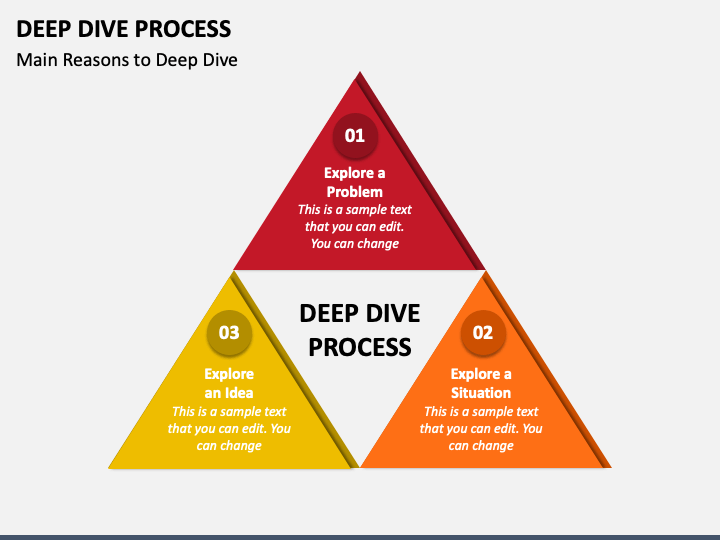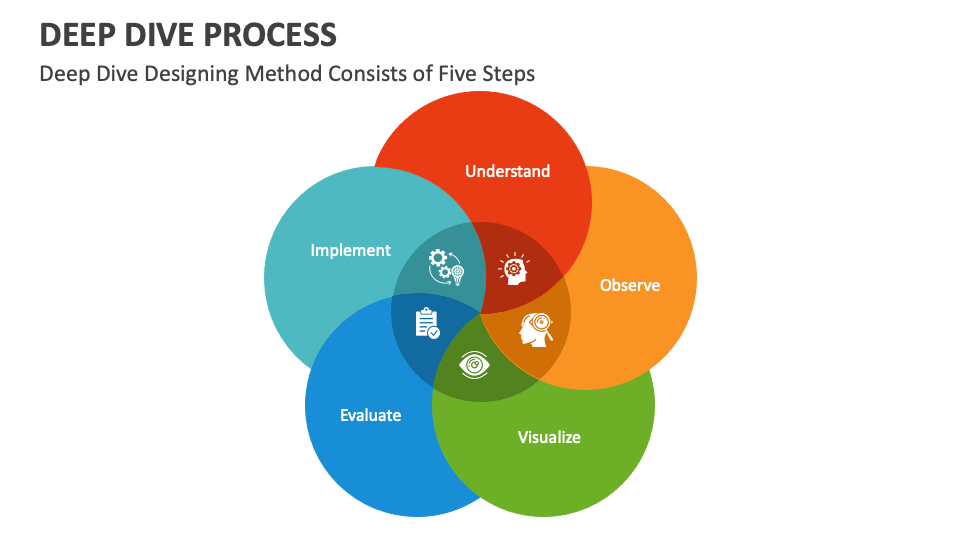A Deep Dive into the Emotional Landscape of "It Ends With Us": A Critical Analysis
Related Articles: A Deep Dive into the Emotional Landscape of "It Ends With Us": A Critical Analysis
Introduction
With enthusiasm, let’s navigate through the intriguing topic related to A Deep Dive into the Emotional Landscape of "It Ends With Us": A Critical Analysis. Let’s weave interesting information and offer fresh perspectives to the readers.
Table of Content
A Deep Dive into the Emotional Landscape of "It Ends With Us": A Critical Analysis

Colleen Hoover’s "It Ends With Us" has captivated readers worldwide, becoming a modern literary phenomenon. The novel, a poignant exploration of love, loss, and the complexities of relationships, has sparked numerous discussions and interpretations. While the novel’s success is undeniable, its reception has also been met with a range of perspectives. This article delves into the intricacies of the book, examining its strengths, weaknesses, and its impact on readers. We will explore the themes of love, abuse, and healing, analyzing how Hoover navigates these sensitive subjects.
The Core of the Story: Love, Loss, and the Shadow of Abuse
"It Ends With Us" follows Lily, a young woman navigating the complexities of love and loss. She finds herself drawn to Ryle, a charming neurosurgeon, but their relationship becomes entangled with the lingering trauma of her past. Lily’s ex-boyfriend, Atlas, a kind and supportive presence from her youth, resurfaces, offering a stark contrast to Ryle’s controlling and possessive nature.
The narrative oscillates between Lily’s present relationship with Ryle and her past with Atlas, unveiling the emotional turmoil she endures. While Ryle’s actions are initially presented as expressions of love, they gradually morph into acts of manipulation and emotional abuse. This transformation is subtle, allowing readers to experience Lily’s confusion and the gradual erosion of her self-worth.
A Critical Examination: Strengths and Weaknesses
Strengths:
- Emotional Resonance: Hoover’s writing style is deeply personal and emotionally charged. She captures the nuances of love, loss, and the complexities of human relationships with remarkable authenticity. Readers connect with Lily’s struggles, experiencing her joy, pain, and confusion as if it were their own.
- Exploration of Abuse: The novel tackles the sensitive issue of emotional abuse with nuance and sensitivity. It highlights the insidious nature of abuse, demonstrating how it can manifest in seemingly subtle ways, often disguised as love and possessiveness. By exposing the patterns of abusive behavior, the book offers a valuable insight into the dynamics of such relationships.
- Resilience and Healing: Despite the challenging themes, the novel ultimately emphasizes the power of resilience and healing. Lily’s journey is one of self-discovery and empowerment as she confronts her past and learns to prioritize her own well-being.
Weaknesses:
- Character Development: While Lily’s character is well-developed, some critics argue that Ryle’s character lacks depth and complexity. His transition from charming to abusive feels abrupt, leaving some readers questioning his motivations and the plausibility of his transformation.
- Plot Predictability: The novel’s plot follows a predictable trajectory, with many readers anticipating the twists and turns. This lack of surprise can diminish the overall impact of the story for some.
- Romance Over Substance: Some critics argue that the romantic elements overshadow the deeper themes of abuse and healing. The focus on the love triangle and the emotional drama can detract from the exploration of the more complex issues at play.
The Significance of "It Ends With Us": Why It Matters
Despite its flaws, "It Ends With Us" has resonated with countless readers for several reasons:
- Breaking the Silence: The novel has sparked conversations about emotional abuse, a topic often shrouded in silence and stigma. By bringing this issue to the forefront, it encourages open dialogue and awareness.
- Empowerment and Healing: The story serves as a reminder that healing from trauma is possible, even in the face of immense pain. Lily’s journey offers hope and inspiration to those who have experienced similar struggles.
- Redefining Love: The novel challenges conventional notions of love, emphasizing the importance of healthy relationships and the need to prioritize self-worth. It encourages readers to recognize the signs of emotional abuse and to prioritize their own well-being.
Exploring Related Searches: Deepening the Conversation
Beyond the basic plot summary and character analysis, there are several related searches that offer deeper insights into the novel and its impact.
1. "It Ends With Us" Movie Adaptation: The novel’s immense popularity has led to discussions about a potential movie adaptation. Fans speculate on casting choices, potential plot changes, and the overall impact of translating the story to the big screen.
2. "It Ends With Us" Book Club Discussion Questions: Book clubs often utilize discussion questions to delve deeper into the novel’s themes and characters. These questions encourage critical thinking and provide a platform for sharing perspectives and interpretations.
3. "It Ends With Us" Ending Explained: The novel’s ending has sparked numerous debates and interpretations. Readers analyze the final scenes, considering the implications for Lily’s future and the overall message conveyed.
4. "It Ends With Us" Review by Goodreads: Goodreads, a popular platform for book reviews, provides a diverse range of perspectives on the novel. Readers share their thoughts on the plot, characters, and the overall impact of the story.
5. "It Ends With Us" Characters: Who is Ryle? Ryle’s character has been the subject of much discussion, with readers debating his motivations and the plausibility of his transformation. Analyzing his character provides a deeper understanding of the dynamics of the story.
6. "It Ends With Us" vs. "Ugly Love": Comparing Colleen Hoover’s Novels: Many readers compare "It Ends With Us" to Hoover’s previous novel, "Ugly Love," examining the similarities and differences in themes, characters, and writing style.
7. "It Ends With Us" Trigger Warnings: The novel deals with sensitive topics, including emotional abuse, trauma, and loss. Discussions about trigger warnings provide valuable information for readers who may be sensitive to these themes.
8. "It Ends With Us" Fan Theories: The novel’s open ending has fueled speculation among fans, leading to various theories about the characters’ fates and the potential for future storylines.
FAQs: Addressing Reader Queries
1. Is "It Ends With Us" a good book?
The answer to this question is subjective and depends on individual preferences. While the novel has garnered immense popularity, its reception is mixed. Some readers find it emotionally impactful and thought-provoking, while others find it predictable or overly focused on romance.
2. Is "It Ends With Us" a romance novel?
While the novel features a romantic element, it transcends the boundaries of a typical romance novel. It delves into the complexities of relationships, exploring themes of abuse, trauma, and healing.
3. Does "It Ends With Us" have a happy ending?
The novel’s ending is open to interpretation. Some readers may find it hopeful and satisfying, while others may feel it is ambiguous or even bittersweet.
4. Is "It Ends With Us" a good book for book clubs?
The novel’s themes and characters provide ample opportunities for discussion and debate. It can be a powerful and engaging book for book clubs, fostering discussions about relationships, abuse, and the importance of self-worth.
5. What is the main message of "It Ends With Us"?
The novel emphasizes the importance of recognizing and addressing emotional abuse. It also highlights the power of resilience and the possibility of healing from trauma.
Tips for Engaging with "It Ends With Us":
- Prepare for Emotional Intensity: The novel deals with sensitive themes, so be prepared for emotional engagement and potential triggers.
- Approach with Critical Thinking: While the story is compelling, it’s important to approach it with a critical eye, considering the strengths and weaknesses of the narrative and characters.
- Engage in Discussion: Sharing your thoughts and interpretations with others can enhance your understanding of the novel and its themes.
- Consider the Author’s Intent: Reflect on Colleen Hoover’s goals in writing the novel and how she navigates the complexities of love, loss, and abuse.
Conclusion: A Lasting Impact
"It Ends With Us" is a novel that has sparked countless conversations and ignited a passionate response from readers. While its reception is mixed, its impact is undeniable. The novel’s exploration of emotional abuse, its focus on resilience and healing, and its ability to evoke strong emotions have made it a significant work in contemporary literature. Whether you find it a compelling read or a flawed but engaging story, "It Ends With Us" has undoubtedly left its mark on the literary landscape.








Closure
Thus, we hope this article has provided valuable insights into A Deep Dive into the Emotional Landscape of "It Ends With Us": A Critical Analysis. We appreciate your attention to our article. See you in our next article!